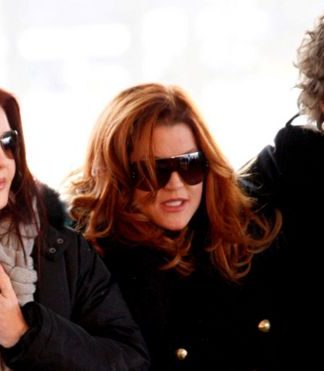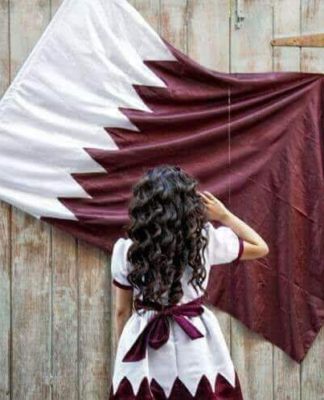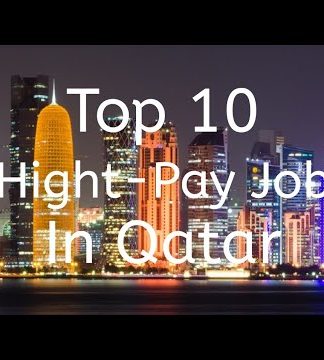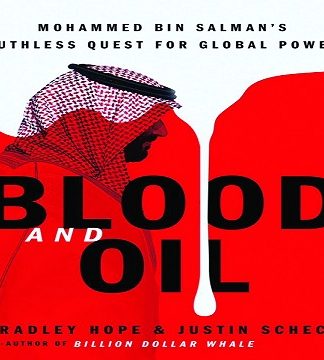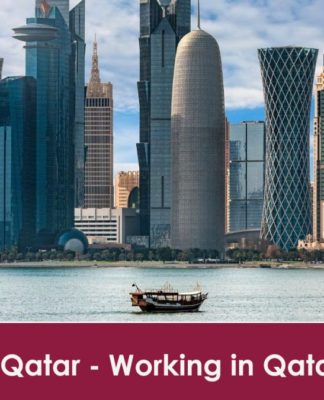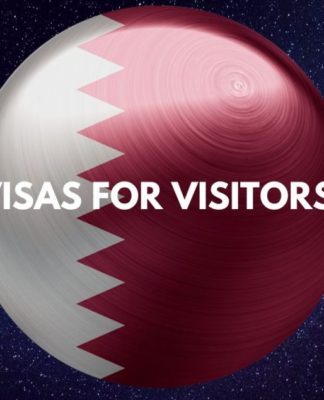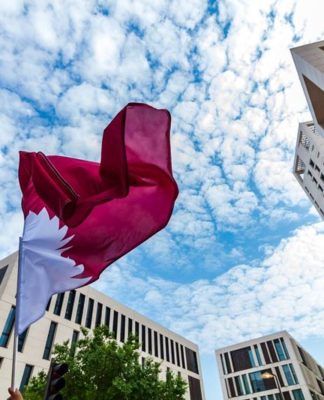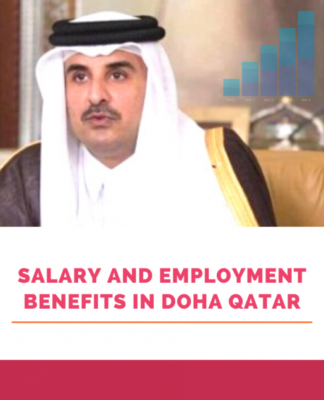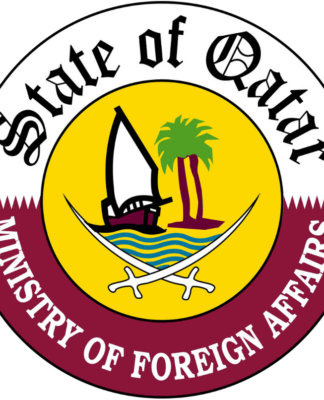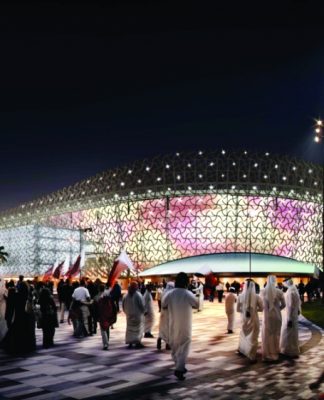Doha says the competitions will serve as test events for the 2022 World Cup, which will be hosted by the Gulf state.
The next two Club World Cups, in December this year and in 2020, will be played in Qatar as preparation for the 2022 World Cup, global football governing body FIFA has said.
The seven-team club tournament, which will include European champion Liverpool this year, will be played in December and in December 2020, FIFA confirmed on Monday.
“It is an amazing test competition for us. We will try to use the Club World Cup as a test in as many ways as possible,” Hassan al-Thawadi, chief of the local Qatari organising committee for 2022 said.
That includes coping with an influx of potentially thousands of fans who will want to drink alcohol, which is currently only available for foreigners in a limited number of bars in Qatar.
“Alcohol will be available in certain areas,” al-Thawadi said. “The details of it operationally, how it’s going to work out, all that stuff will be put in place and we will be announcing it in due course.
“We will have fan zones available so it will be a great opportunity for us to put in place some of the plans we have for the World Cup already to get lessons learned from it.”
The decision to give Qatar the Club World Cup comes two weeks after FIFA settled on 32 countries for the 2022 World Cup rather than expanding to 48 teams.
The Club World Cup has recently been held in Japan and the United Arab Emirates with seven competing teams – six continental champions and a team from the host nation.
After Qatar hosts the final two editions of the tournament in its present format, FIFA will revamp it to include 24 teams, a move that has been opposed by the European Club Association (ECA) which has issued a boycott threat.
Tunisian club Esperance de Tunis qualified last week as African champion, New Caledonian club Hienghene Sport will represent Oceania, and CONCACAF’s place was secured by Mexican club Monterrey. The Asian and South American teams will be determined in their continental finals in November.
The South American and European champions enter in the semifinals at the Club World Cup.
Liverpool, which beat Tottenham 2-0 in the Champions League final on Saturday, lost its only Club World Cup final in 2005 to Sao Paulo in Yokohama, Japan.
“It’s a great opportunity, the time of the year that we have it, to test out their facilities,” said Canadian FIFA Vice-President Victor Montagliani. “I think it will be good for Qatar to have the two events over the next years.”
SOURCE: NEWS AGENCIES
After bloody attack, Sudan army scraps agreements with protesters
Ruling military council says it will hold elections within nine months as crackdown on protesters draws condemnation.
The head of Sudan‘s Transitional Military Council (TMC) has said he is scrapping all agreements with the main opposition coalition and will move ahead with elections to be held within nine months.
The announcement by Lieutenant General Abdel Fattah al-Burhan in the early hours of Tuesday came after security forces fired live fire to clear the main protest site outside the defence ministry in Khartoum, the focal point in the demonstrators’ months-long struggle for civilian rule.
Protest groups said at least 35 people were killed and hundreds wounded in the raid by the security forces, calling it a “bloody massacre“.
“The military council decides to stop negotiating with the Alliance for Freedom and Change [group representing protesters in negotiations] and cancel what had been agreed on and to hold general elections within nine months,” Burhan said in a televised statement.
Al-Burhan said the TMC would now move to set up an interim government to prepare for elections, which he added would be internationally supervised.
|
|
‘Either them or us’
Monday was the worst day of violence since the military overthrow of long-time autocrat Omar al-Bashir on April 11 after months of mass protests against his three-decade rule.
But protesters insisted that al-Bashir’s removal from power was not enough. Tens of thousands remained in place in Khartoum and other camps around the country, pushing the generals who replaced al-Bashir to swiftly hand over power to a civilian-led administration.
The bloody assault and dispersal of the Khartoum sit-in now risk escalating violence even further, making a more intense face-off between military rulers and protesters more likely.
Pro-democracy protesters vowed to keep up their campaign, suspending talks and calling for “total civil disobedience” to “paralyse public life” across the country.
“This is a critical point in our revolution. The military council has chosen escalation and confrontation,” said Mohamed Yousef al-Mustafa, a spokesman for the Sudanese Professionals’ Association (SPA), which has spearheaded the months-long protests.
“Those are criminals who should have been treated like al-Bashir,” he said. “Now the situation is either them or us, there is no other way.”
For his part, al-Burhan said military leaders would investigate Monday’s violence, but claimed that the coalition representing the demonstrators shared responsibility for the bloodshed.
In his televised statement, the TMC head accused the alliance representing the protesters of “extending the negotiations and seeking to exclude other political and security forces” from being in a transitional government.
The council and protest leaders had made progress during talks in May over an interim cabinet and legislative body, but they split over the make-up and leadership of a sovereign council that was being discussed to govern Sudan during a three-year transition.
On Friday, the TMC had called the sit-in “a danger” to the country’s national security and warned that action would be taken against what it said were “unruly elements”.
On the same day, the military had also ordered the office of the Al Jazeera Media Network in Khartoum to be shut down, without giving any reason, while also withdrawing the work permits for the correspondents and staff of the Qatar-based news organisation.
|
|
‘Shooting at everyone randomly’
Activists said the assault in the early hours of Monday appeared to be a coordinated move, with other forces attacking similar sit-ins in Khartoum’s sister city of Omdurman and the eastern city of Al Qadarif.
Protesters accuse General Mohamed Hamdan Dagalo, the head of Sudan’s notorious Rapid Support Forces and deputy head of the TMC of ordering the violent crackdown. Twenty-four hours before the security forces’ raid, Dagalo, who goes by the nickname Hemeti, was filmed making a veiled threat to protesters.
“We must firmly stand up to the ongoing chaos and build a true state,” he said. “As for the civil state the protesters are demanding, to be truly a civil rule with no individuals above it, it must be built on a rule of law. It must be ruled by law and there is no one above the law.”
The attack came on the day before the Eid holiday that ends Ramadan, the holy month when Muslims fast during daylight hours. Large numbers of troops from the military, police and Rapid Support Forces moved in on the gathering after overnight rains, activists said.
Mohammed Elmunir, a protester in Khartoum, said security forces blocked the exits of the sit-in site before opening fire on protesters.
“They were shooting at everyone randomly and people were running for their lives. They blocked all roads and most tents at the sit-in have been set on fire,” Elmunir told Al Jazeera.
In online videos, protesters were seen running and ducking as barrages of gunfire echoed. Activists said hundreds were arrested, with photos posted online showing dozens of men and women lined up on the pavement, sitting or lying face down, under guard by troops.
Demonstrators stood behind low barricades of bricks and dug-up pavement, and some threw stones before being driven back by walls of blue-clad security forces carrying sticks. One video showed police swarming around a protester sprawled on the ground, beating him with sticks. In another video, residents opened their doors to shelter those who ran.
A doctors’ committee linked to the protesters said the death toll had risen to at least 35 by early Tuesday with the killing of five people in the city’s Bahri district. The committee said it was difficult to count deaths in areas outside the defence ministry in Khartoum, adding that hundreds of people were wounded, many by gunfire.
Medical staff and the injured were trapped in clinics as troops overran the area.
“Wounded people are lying on the ground in the reception area as there are not enough beds,” said Azza al-Kamel, a doctor at Royal Care hospital.
International condemnation
The attack against the protesters came days after al-Burhan met with his top foreign allies, including Egyptian President Abdel Fattah el-Sisi and Abu Dhabi Crown Prince Sheikh Mohammed bin Zayed Al Nahyan, who have both given strong support to the TMC and deeply oppose movements such as those that swept the region in the 2011 Arab Spring uprisings.
Many analysts said they believed the military rulers were being influenced by powers outside Sudan.
“The latest escalation, and what is already a precarious situation, came after the head of the military council and the deputy head … visited Saudi Arabia,” Awol Allo, a senior lecturer in law at Keele University, told Al Jazeera. “Since then, there is a significant escalation … against the protesters.”
Meanwhile, United Nations Secretary-General Antonio Guterres condemned the crackdown and called for authorities to allow an independent investigation, according to his spokesman.
“There was use of excessive force by the security force on civilians,” Stephane Dujarric said.
The UN human rights chief, Michelle Bachelet, expressed alarm at reports that live ammunition was used, including “next to, and even inside, medical facilities”.
The embassies of the United States and Britain also expressed concern.
Amnesty International, a London-based rights group, called on the UN Security Council to consider imposing sanctions on TMC members.
The military “has completely destroyed the trust of the Sudanese people and crushed the people’s hope for a new era of respect for human rights and respect for the right to protest without fear,” said Sarah Jackson, Amnesty deputy regional director for East Africa.
SOURCE:aljazeera.com


















